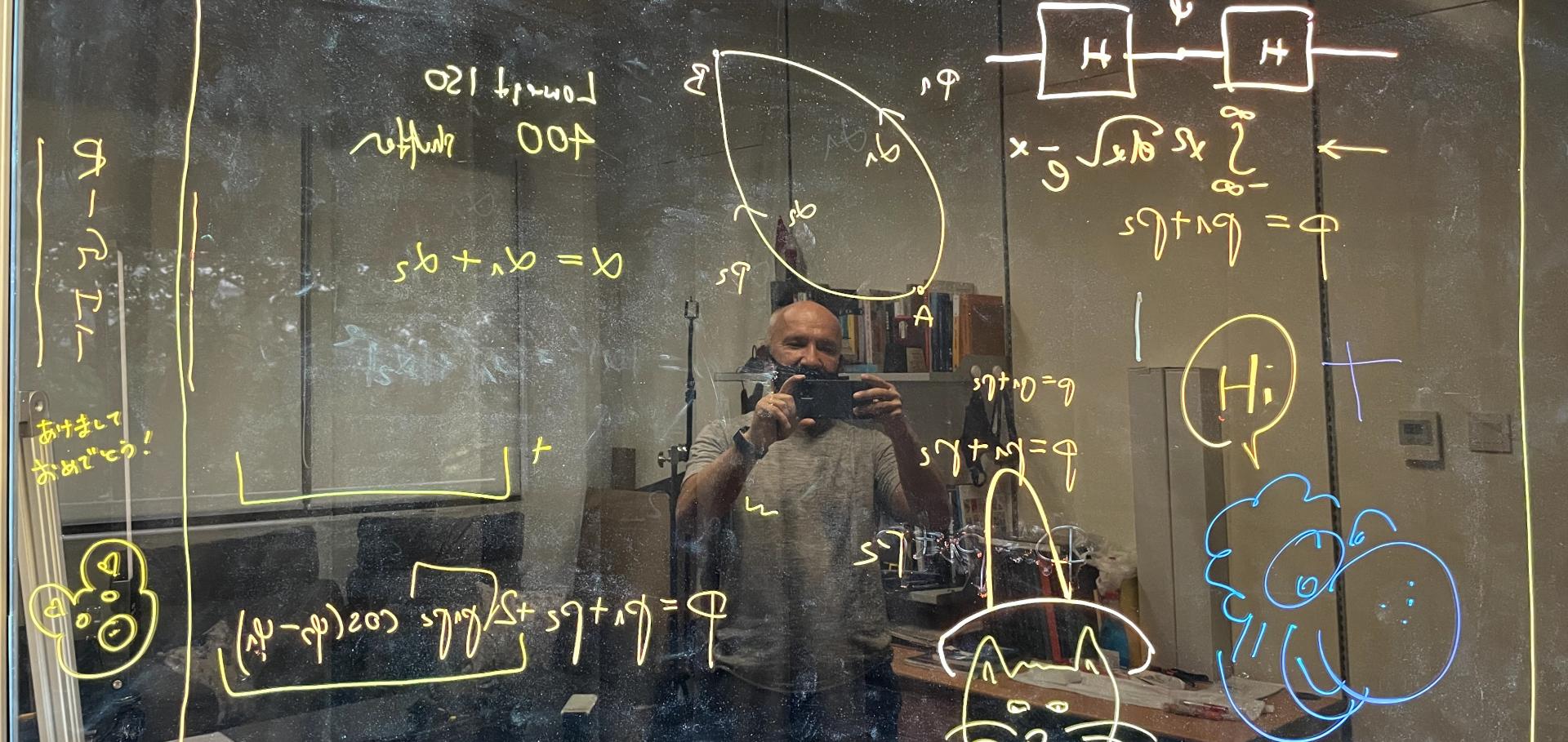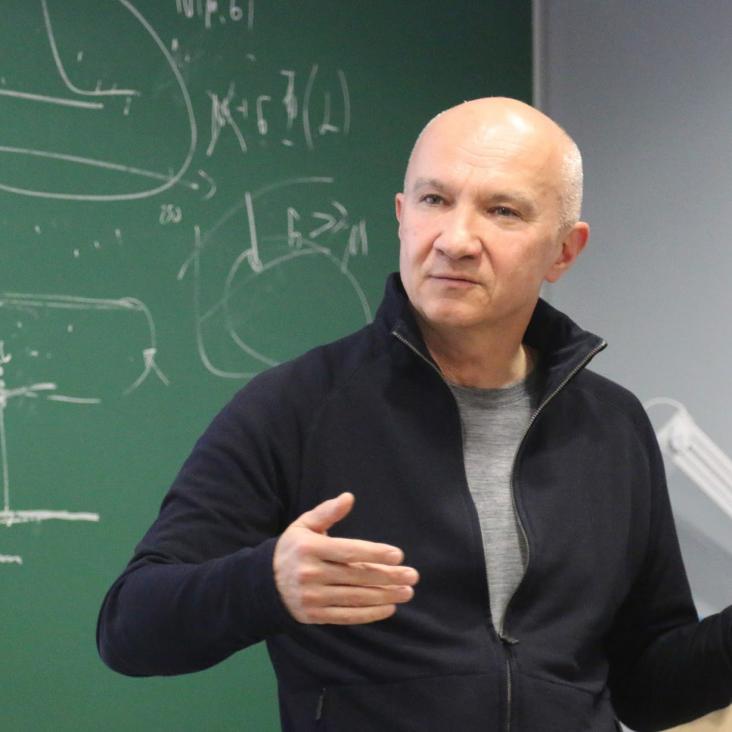Quantum computation
FUND THEOR 81 (1997) 39-54
Abstract:
We describe how physics of computation determines computational complexity. In particular we show how quantum phenomena lead to qualitatively new modes of computation. An ideal quantum computer would allow to face certain tasks out of reach of classical computers, the factorization problem being the most striking example. Experimentally, however, implementation of quantum computation faces some serious difficulties due to an interaction with the environment which causes decoherence. We mention quantum error-correction as a process which can, to some extent, protect quantum computers from unwelcome effects of dissipation and decoherence. This is a brief, introductory review of quantum computation. It is based on [1].Quantum Privacy Amplification and the Security of Quantum Cryptography over Noisy Channels.
Phys Rev Lett 77:13 (1996) 2818-2821
Quantum Error Correction for Communication.
Phys Rev Lett 77:12 (1996) 2585-2588
Quantum computation
SPIE, the international society for optics and photonics 2778 (1996) 2778a3
Quantum computation and Shor's factoring algorithm
Reviews of Modern Physics 68:3 (1996) 733-753


